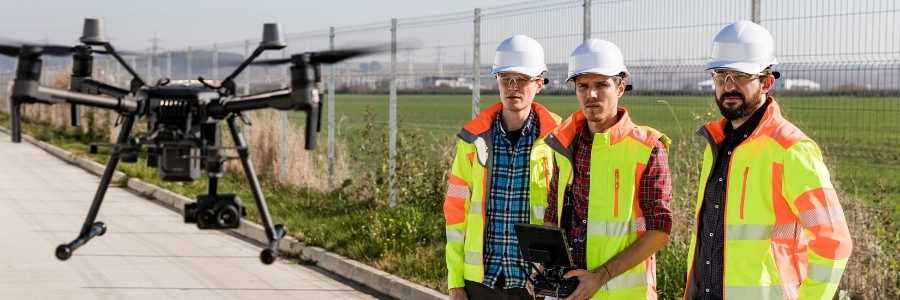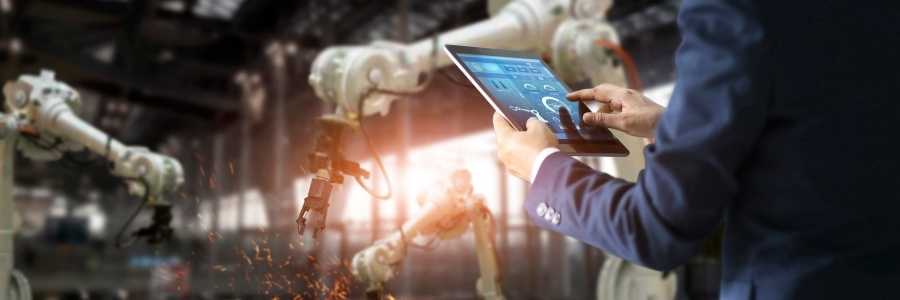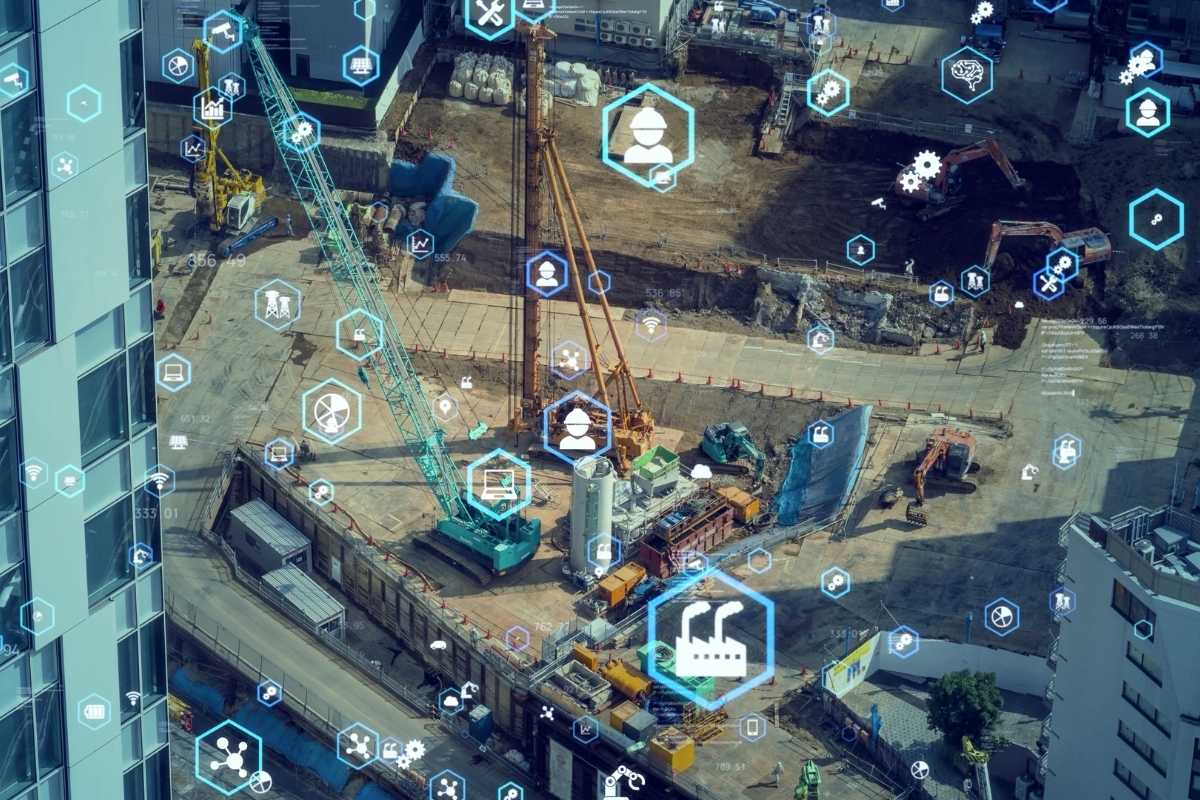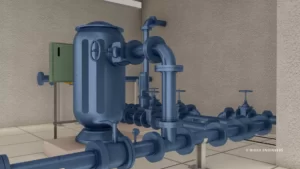The world is changing at a lightning speed. Every industry is being disrupted with the advent of technology and digitization over the last decade. The latest tools and technologies have changed the ways traditional industries were working. Slowly and gradually the industries are adapting to the new world of technologies because of their advantages.
One such traditional industry is the Construction industry. It hasn’t changed much in the last 50-60 years. The traditional way of using mortar, bricks, relying on a heavy mechanism and human labor haven’t changed for a century.
According to McKinsey, construction industry is one of the world’s largest economy sectors, with $10 trillion spent every year. It also employs around 7% of the working population worldwide. Making it a major contributor to every country’s growing economy.
Therefore, it becomes crucial for such an important industry the latest trends and technologies to move towards a more efficient way of working. The Construction industry has slowly started to adopt the latest technologies to bring more efficiency, safety, and speed to the projects.
Several latest technologies like BIM, AR/VR, automation is disrupting the traditional ways of working.
Here are the Top 7 Trends that will change the Construction Industry in the Upcoming Years
1. Drones

Automation will impact every industry, including the construction industry as well. The drones are being already used in surveying, data collection, real-time data, heat maps, virtual site visits, monitoring sites etc. The usage of drones will reduce the risk of human life, as it will prove to be a key tool in ensuring the safety at the project sites.
During the pandemic when everyone was at home, it was the drones that were out. They have helped millions of people to visit the new site, property and ensure its safety. The use of drones in the construction industry will save a lot of time and money. Therefore, its usage is going to witness a surge in the upcoming decade.
2. Virtual Reality (VR) and Augmented Reality (AR)

AR & VR have become the technologies of the modern world. There are hardly any industries that are not using them. The construction industry is leveraging both of them.
VR gives you a 360-degree holistic view of the construction project, even before a single shovel hits the ground. Allowing everyone to understand the project crystal clear. VR improves the planning and efficiency of the project.
AR facilitates the faster rendering and simulations of the structure making the project more planned and errorless.
3. 3D Printing

3D printing has been the talk of the town for a long time. The construction industry is also leveraging the advantages of 3D printers. Several bigger organizations have already started using it to speed up the process of construction to save time and money.
3D printing is changing the traditional way of construction. Saving up a lot of labor cost, time and construction cost along with ensuring a more safe and secure project site.
4. Modular Construction

Modular construction is disrupting the conventional method of construction to an extent that no one has even imagined a few years back. In the coming years, the onsite construction will be replaced by the modular construction.
The increasing use of modular construction is being favored because it speeds up the process, saves time and money, provides a safer way of construction along with providing an eco-friendlier method. Technologies like BIM and 3D Printing are accompanying its growth.
5. Building Information Modelling (BIM)
BIM is not just a technology it is a whole process. It is becoming the center of attraction in the construction industry. BIM provides a single platform for all the stakeholders like Architects, Engineers, Contractors to work collaboratively.
Worldwide the BIM market is growing at a rapid speed. Governments are bringing up certain norms in the various countries to adopt this technology for the rapid growth in the construction sector.
6. Artificial Intelligence (AI)
Data is the present and the future. Irrespective of the industry, data is highly impacting the technological advancements everywhere. The construction industry is no different. The basics of AI is the data.
Organizations have already started leveraging the data to make projects more efficient and safer. As the digitization penetrates more into the construction industry, there will be more data to analyze. The more the data the more precise outcomes it will deliver for the advancement of the sector.
7. Automation

In almost every industry, there are some repetitive and labor work involved. Especially in the construction industry where there is so much involvement of unskilled human labor, automation will make its way.
Automation in the construction industry is making the work safer, due to the involvements of the machine. Along with providing efficiency in terms of speed and cost. Today, automation may not be an integral part of the industry, but it will make its way in the future.
Conclusion
It is always important to bet on the future trends to stay ahead in this competitive world. The above-discussed technologies are going to disrupt the construction industry in the coming decade.





